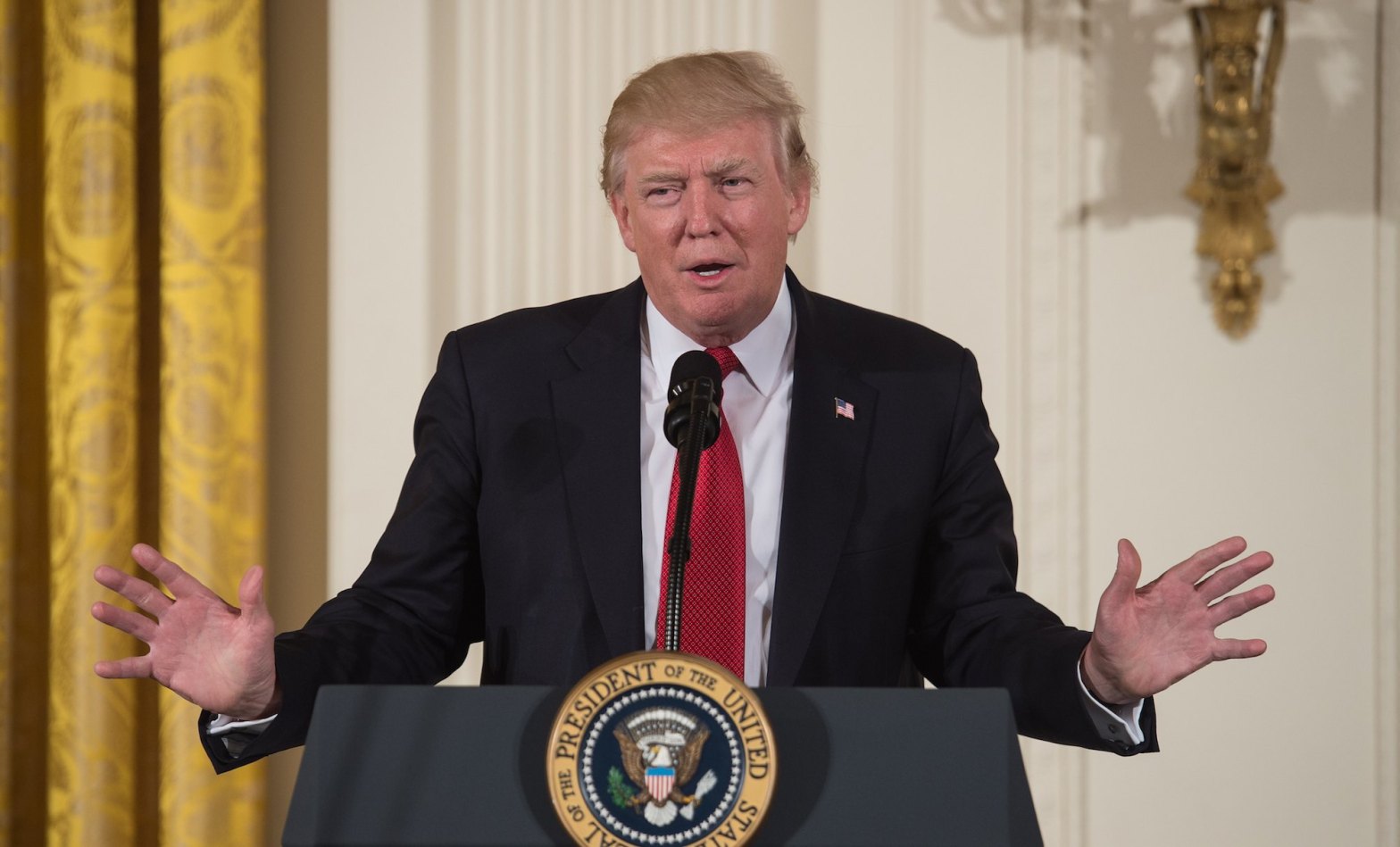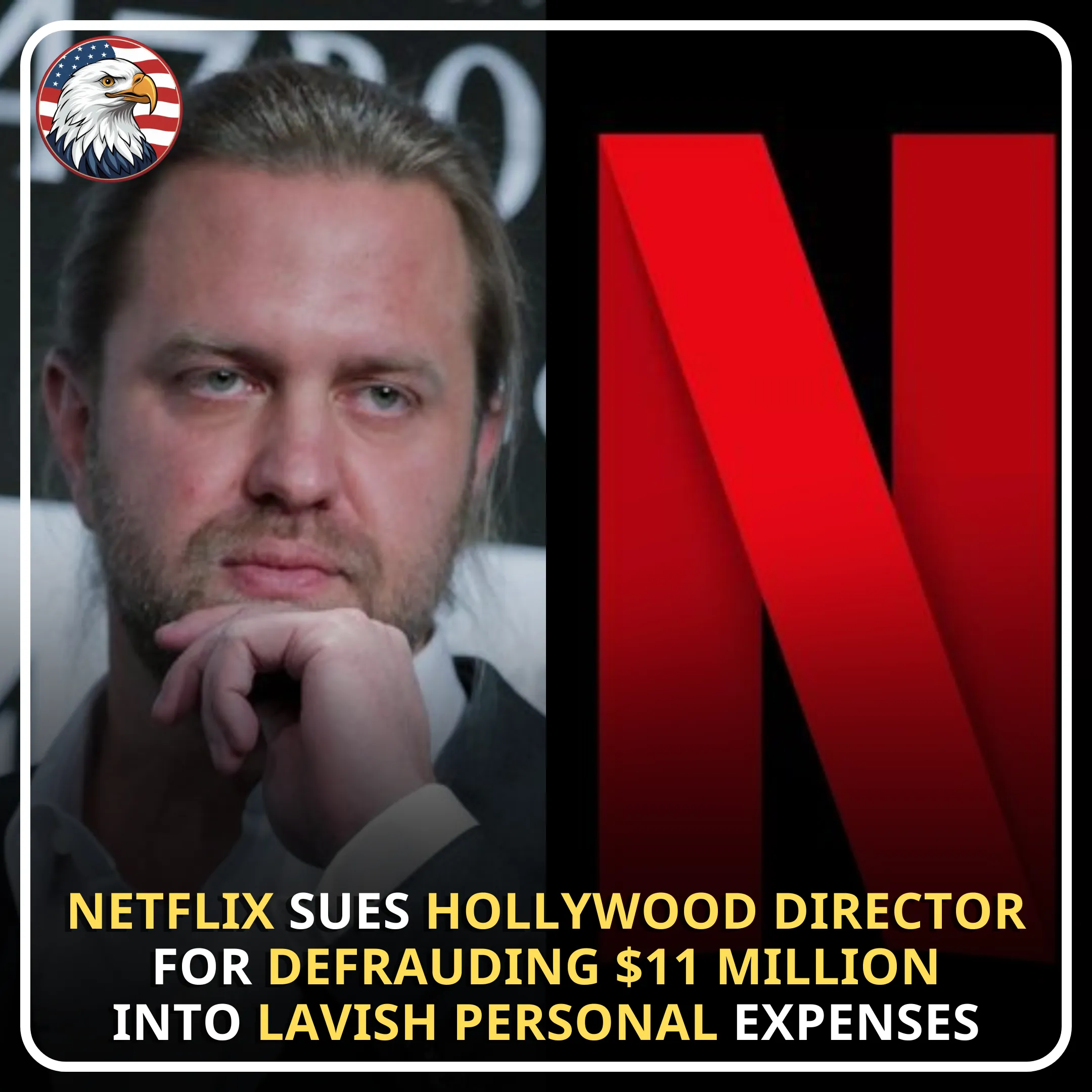
In a heated controversy that erupted on Monday, ‘90s rock band Semisonic publicly denounced the Trump administration for using their iconic hit “Closing Time” in a promotional video that the band says completely distorts the song’s meaning. The unauthorized use of the track in a government campaign promoting mass deportations has ignited backlash, with many criticizing the White House’s messaging tactics.
The dispute arose after the White House’s official Instagram account posted a 16-second video earlier in the day. The short clip featured footage of a handcuffed man being frisked by law enforcement while the unmistakable chorus of “Closing Time” played in the background: “Closing time, you don’t have to go home, but you can’t stay here.”

Another scene in the video showed individuals ascending stairs to board a plane, while the words “BORDER PATROL” were prominently displayed over the footage.
The Minneapolis-based rock band, best known for their 1998 hit, wasted no time in responding. Semisonic issued a strong rebuke on social media, condemning the Trump administration’s use of their song in a political campaign that they say warps its original intent.
Taking to X (formerly Twitter), Semisonic issued a statement rejecting the use of their song in any form of government messaging.
“We did not authorize or condone the White House’s use of our song ‘Closing Time’ in any way. And no, they didn’t ask. The song is about joy and possibilities and hope, and they have missed the point entirely.”
The band’s frustration was evident, as they distanced themselves from any association with the administration’s hardline immigration policies.

The use of music in political campaigns has long been a contentious issue, with multiple artists objecting to their work being used without permission. However, this instance is particularly charged given the high-stakes nature of the policy being promoted—what the administration has labeled as the “largest mass deportation campaign in U.S. history.”
Despite the backlash from Semisonic and their supporters, the White House defended its use of the song.
Press secretary Karoline Leavitt, when questioned about the video at Monday’s press briefing, dismissed concerns over the unauthorized usage and instead doubled down on the administration’s messaging.
“The administration is unafraid to message effectively what the president is doing on a daily basis to make our communities safer,” she stated.
Leavitt went further, saying, “The specific video you reference—I think it sums up our immigration policy pretty well. You don’t have to go home, but you can’t stay here.”
This defiant response has only fueled further criticism, with many calling out the administration’s apparent disregard for artistic integrity and the band’s objections.
The irony of the White House’s chosen anthem for deportation was not lost on many. “Closing Time” has long been considered a song about transition, change, and new opportunities—not forced removal or exclusion.
Released in 1998, the song became a radio staple, often played at bars and events as a lighthearted way to signal the end of the night. Over the years, it has been associated with themes of renewal and moving forward rather than expulsion or forced departure.
Frontman Dan Wilson, who wrote the song, has previously explained its meaning, saying that while it was partly about bars closing, it was also a metaphor for birth and new beginnings—a stark contrast to the dark imagery used in the White House’s video.
Semisonic, which recently marked the 27th anniversary of the song’s release, is now one of many artists who have protested against their work being used in political campaigns without consent.
This is far from the first time a major musical act has pushed back against the Trump administration for using their work without permission. Over the years, numerous musicians and bands have publicly objected to their songs being used in political rallies, campaign ads, or promotional materials associated with the president.
Among the many artists who have clashed with Trump’s team over unauthorized song usage are:
- The Rolling Stones, who issued legal threats over the use of “You Can’t Always Get What You Want.”
- Bruce Springsteen, who has openly criticized Trump and opposed his campaign’s use of “Born in the U.S.A.”
- Adele, Pharrell Williams, Rihanna, Queen, and the estates of Prince and Tom Petty, all of whom have demanded Trump stop using their music.
Semisonic’s outcry adds to this growing resistance, reinforcing the long-standing demand for politicians to obtain proper authorization before incorporating songs into their messaging.

Following the video’s release, social media erupted with criticism, with many calling the move tone-deaf, offensive, and manipulative. Critics pointed out that using a beloved pop-rock anthem in a video about deportations trivializes the severity of the issue and attempts to mask the harsh realities of mass removals behind an upbeat melody.
One viral post on X summed up the frustration: “They turned ‘Closing Time’ into a deportation anthem? That’s insane. The song is about moving forward, not being forced out. Just wrong.”
Another user added: “Imagine writing a song about hope and joy, only for a government to twist it into a theme for mass deportation. Unbelievable.”
Despite the swift backlash, there has been no indication that the White House plans to remove the video or apologize for its use of “Closing Time.”
However, Semisonic’s public condemnation adds pressure on the administration to be more mindful of music rights and artistic intent.
For now, the controversy serves as a stark reminder of how music can be politicized—sometimes without the consent of those who created it. And as long as political figures continue using songs without permission, artists like Semisonic will likely continue fighting back.





